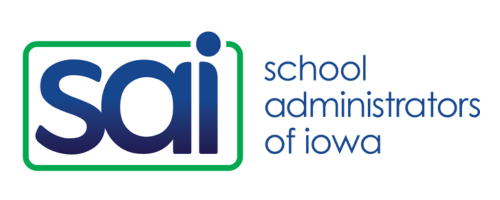Artificial Intelligence: Tutor, TA, and Homework Helper
The latest version of ChatGPT and other similar AI tools have the potential to personalize education for each and every student in ways not possible until now. The biggest change in AI—it does work with students instead of for.
Robin Lake, director of the Center on Reinventing Public Education, discusses advances in AI and implications for educators in her recent column in The 74. Lake provides examples from platforms like Khanmigo, currently being tested in Beta form, that “gives sophisticated prompts to encourage students to think more deeply about what they’re reading or encountering, and to explain their thinking.” This AI can remember students’ history and then customize and adapt lessons and assessments based upon students’ interests and needs. Another example involves a student being able to engage in a conversation with a character from a novel to discuss literary elements of the book.
Not only does current AI support students, but it can also be used to “develop lesson plans, create an assessment customized to each student’s background or interests, and facilitate breakout sessions.” It can provide tutoring and homework support, freeing teachers up to provide additional instruction and coaching. The pace of advancement of AI has amplified to the point that it will be making its own scientific discoveries absent human input.
Moving forward, school leaders will need to ensure they are aware of how AI is being used not only around the county, but also within their districts and among families. Leaders will need to build capacity of staff to leverage AI in their instructional practice. Additionally, we will need policy and safeguards to protect student data and privacy.
Where other iterations of AI have not delivered on their potential, this generation is posed to succeed according to John Bailey, adviser to the Walton Family Foundation, a visiting fellow at the American Enterprise Institute and a fellow at the Chan Zuckerberg Initiative. Bailey explains four reasons behind the anticipated success of the latest AI:
- Smarter capabilities — in 4 months of ongoing development and improvement, GPT4 went from failing the bar exam to scoring in the 90th percentile!
- Reasoning engines that infer and deduce information very much like human thought.
- Language capacity – the ability to interpret and respond to natural language commands.
- Rapid scalability – AI tools are already integrated into many different products and services.
Questions for reflection:
- How will you utilize the power of AI technologies in service of academic development and increased well-being of students and staff alike? Where do AI tools fit into your school improvement planning?
- Where is your own learning relative to the latest AI technologies? How will you develop your own understanding?
- How will you help your teachers keep pace with the rapidly evolving world of AI? What will your expectations be?
- What policies will you need to consider as AI becomes more and more prevalent?
- How will you ensure each and every student has access to the power of AI?
